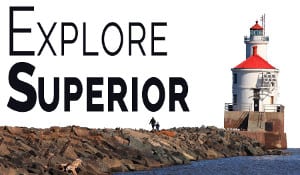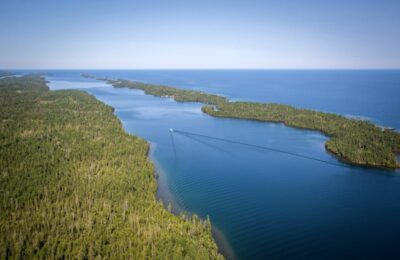Wisconsin’s pristine lakes and rivers are part of our identity as one of the freshwater capitals of the world. For many years, our state’s leaders have recognized that in order to keep our lakes and rivers clean, and protect the quality of life for everyone who enjoys our clean water, we need common sense protections. What happens around our shorelines directly affects what happens to our waters.
In 2009, Wisconsin passed a comprehensive overhaul to rules that govern shoreland development and protection. These rules were passed with the broad support of homebuilders, realtors and river and lake conservation groups. But before anyone could give the new rules a chance to work, the Department of Natural Resources decided they need changing again.
The DNR has claimed they are changing the rules because of complaints from county zoning officials. But the changes amount to alarming rollbacks to protection of our lakes and rivers. The Assembly Committee on Natural Resources and Sporting Heritage debated these rule changes on April 23rd, and the Senate Committee on Natural Resources debated them on May 1st. The new rules look a lot like what homebuilder and realtor interests wanted in the first place. Ironically, some of the changes will further increase the administrative burden on counties. Finally, these proposed changes are yet another blow to local decision-making for counties who desire to protect the resources that are the basis of their economy.
For example:
Adding on close to the water: The proposed changes relax the rules on expanding legal but “non-conforming” structures built closer than 75 feet to the shore. Some county zoning administrators, dealing with a high number of older grandfathered structures in their districts, requested more flexibility. A law passed in 2012 turned the building standards for such structures from minimums to maximums. Counties needing more flexibility can now loosen the standards in their codes. Yet the proposed rules will further roll back the state maximum and force at least 14 counties to reopen the rules they have already passed and weaken water protections, even if they desired more robust protection.
Impervious (hard) surface standards: Science points to clear impacts to water quality and fisheries when more than 10% of the land that drains to a lake is paved or built upon. The current version of the rule will allow a property owner to have up to 30% of a shoreland property contain structures and hard surfaces as long as the homeowner gets a permit and offsets the environmental impact. Proposed changes blow the cap off any limits to how much of a shoreland property can be developed and paved. In some cases up to 60% of a property can be paved over or built up with a permit. As long as a property owner promises to engineer away the problem of increased runoff, they will be allowed to build up or pave every square foot of their property. The job of figuring out how to monitor and enforce these runoff plans will fall to already understaffed county zoning departments. This will only increase and not relieve their administrative burden.
Why is the Wisconsin Legislature about to approve rules that erode the ability of counties to decide for themselves what kind of zoning makes sense for their waters? These are decisions that have already been thought through, debated, and democratically passed.
Our current shoreland zoning rules were carefully crafted based on more than 50,000 public comments and the best science available to balance conservation and responsible development.
Wisconsinites that enjoy fishing, boating, swimming or just spending time at family waterfront cabins are all set to lose big time if we roll back the standards for clean water. The fact is we’re already seeing too many Wisconsin lakes becoming almost unusable in summer due to water pollution that is made worse by inadequate protections on our shorelines. We can’t afford to make a bad situation even worse by rolling back the rules to favor short-term development over quality of life for everyone.
Fresh water is our most valuable natural resource and Wisconsin should maintain our commitment to protecting it.




